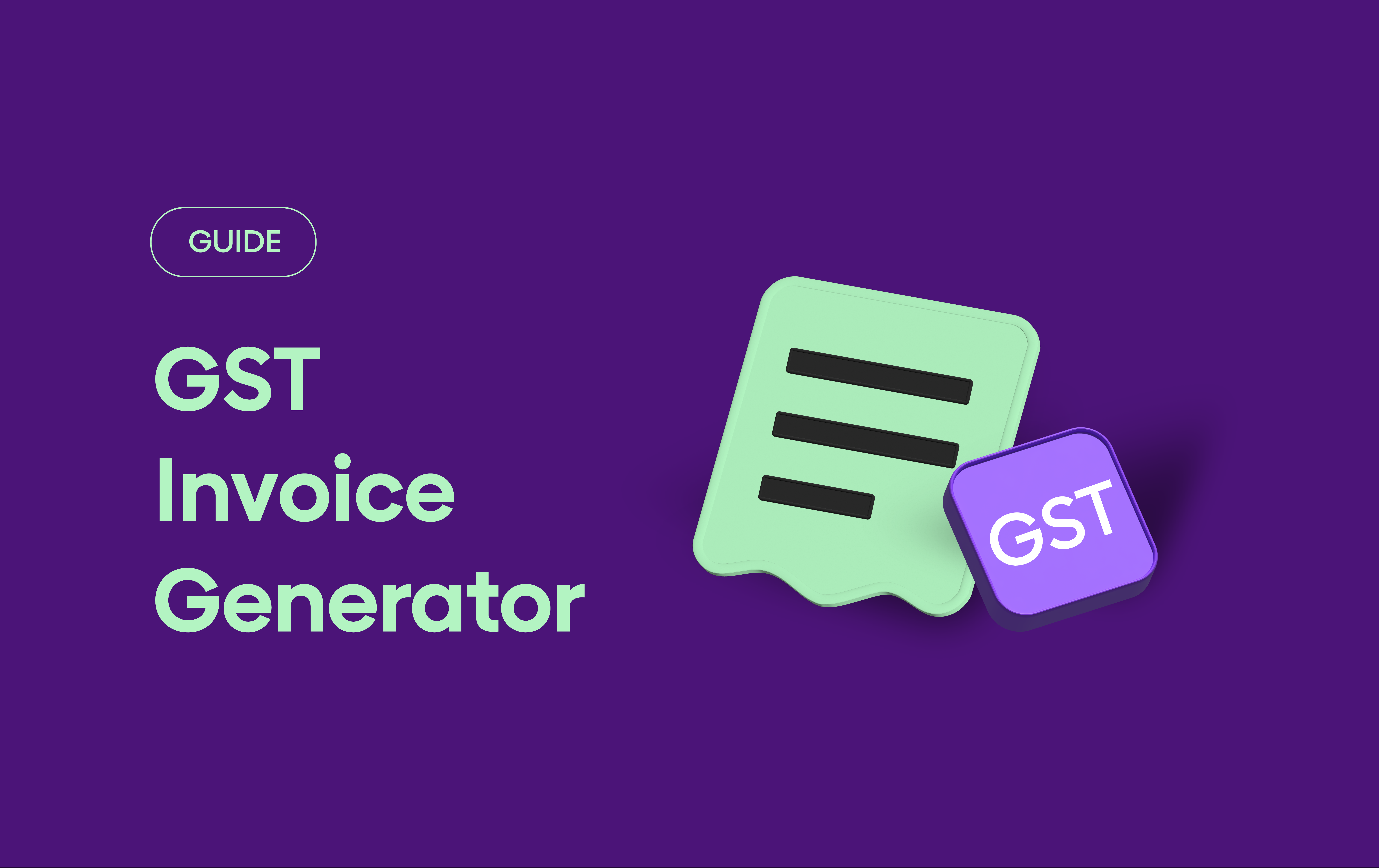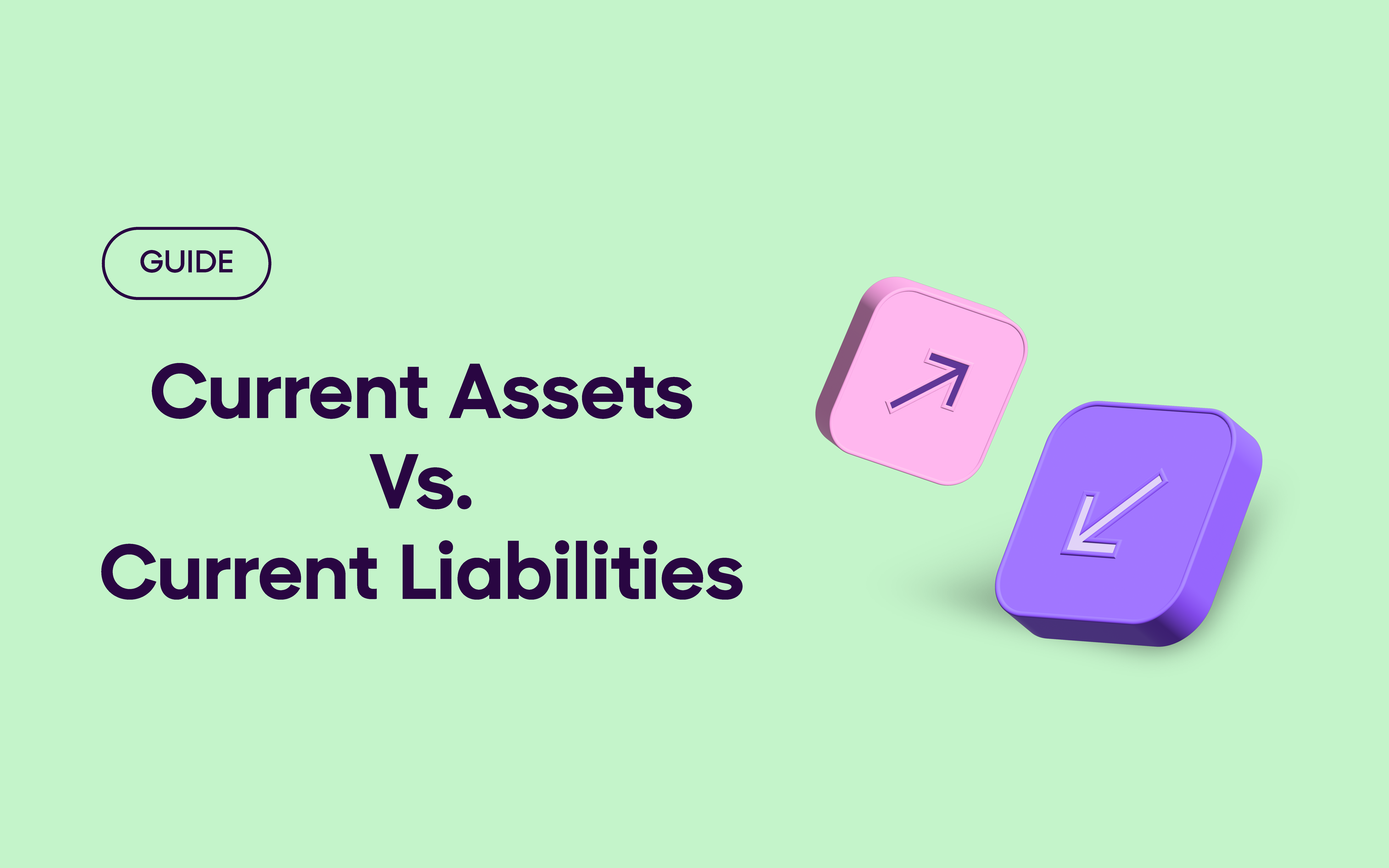A GST invoice is a legally mandated document that serves as evidence of the supply of goods or services under the Goods and Services Tax (GST) regime. It is critical for accurate tax determination, input tax credit claims, and compliance with GST regulations. This blog outlines the statutory framework governing GST invoices, the mandatory components, applicable timelines, and the implications of non-issuance.
Who Must Issue a GST Invoice
Under Section 31 of the Central Goods and Services Tax (CGST) Act, 2017, a GST-registered supplier is required to issue a tax invoice when supplying taxable goods or services. This obligation applies to all forms of taxable supply, including sales, transfers, barter, exchanges, or any other transactions involving consideration.
Suppliers registered under the composition scheme or engaged exclusively in exempt/nil-rated supplies are required to issue a bill of supply instead of a tax invoice.
Key scenarios where GST invoices must be issued:
- Sale of goods (with or without consideration)
- Provision of services
- Advance received for services
- Exports
- Supplies to SEZs
- Reverse charge mechanism (in applicable cases)
Exemptions:
- A supplier making only exempt or nil-rated supplies must issue a bill of supply.
- A composition dealer must issue a bill of supply, not a tax invoice.
Mandatory Components of a GST Invoice
As per Rule 46 of the CGST Rules, 2017, a valid GST invoice must include:
- Supplier’s details: Name, address, and GSTIN
- Unique invoice number: Consecutive, unique, and not exceeding 16 characters
- Date of issue
- Recipient’s details: Name, address, and GSTIN (if registered)
- HSN code/SAC code
- Description of goods/services
- Quantity and unit of measurement (for goods)
- Total value of supply
- Taxable value (after discount, if any)
- GST rate and amount: CGST, SGST/UTGST, IGST, and cess
- Place of supply and state code (in case of inter-state supplies)
- Reverse charge applicability (if applicable)
- Signature or digital signature of the supplier or authorised signatory
Optional fields such as purchase order references, delivery terms, or payment details may also be included for internal or contractual purposes.
Timelines for Issuance
The timeline for issuing a GST invoice varies based on the nature of supply:
- Goods (with movement): Before or at the time of removal for delivery.
- Goods (without movement): At the time of delivery or making available to the recipient.
- Services: Within 30 days from the date of supply (extended to 45 days for banks, financial institutions, and insurance companies).
- Continuous supply of services: On or before the due date of payment or milestone as per the contract
Document Types Under GST
Different documents are prescribed under GST depending on the nature of the transaction:
| Document Type | Purpose |
| Tax Invoice | For taxable supply of goods or services |
| Bill of Supply | For exempt supplies or composition taxpayers |
| Receipt Voucher | For advances received |
| Refund Voucher | For advance refunded against a cancelled supply |
| Debit Note | To increase taxable value or tax charged |
| Credit Note | To reduce taxable value or tax charged (e.g., returns) |
| Delivery Challan | For goods sent otherwise than by way of supply (e.g. job work, samples) |
E-Invoicing Requirements
Entities with aggregate turnover exceeding ₹5 crore in any financial year are required to comply with e-invoicing provisions. Invoices in such cases must be generated via the Invoice Registration Portal (IRP) and must include:
- Invoice Reference Number (IRN)
- Signed QR code
- IRP acknowledgment
Invoices that are not registered on the IRP (where applicable) are considered invalid for GST compliance and ITC purposes.
Consequences of Non-Issuance of GST Invoices
Failure to issue a GST invoice, or issuing an incomplete/incorrect one, can lead to the following outcomes:
- Denial of Input Tax Credit to the recipient.
- Penalty under Section 122 of the CGST Act: ₹10,000 or 100% of the tax due, whichever is higher.
- Interest liability on delayed tax payment caused by late invoicing.
- Increased scrutiny, audit risk, and notices from tax authorities.
Common Errors to Avoid
- Repeating invoice numbers within a financial year
- Omitting HSN/SAC codes where required
- Incorrect tax type (e.g., charging CGST/SGST instead of IGST in inter-state supplies)
- Missing place of supply details in inter-state transactions
- Not indicating reverse charge where applicable
A GST invoice is a statutory document governed by specific provisions under the GST Act and Rules. Its accurate and timely issuance is essential for tax compliance, credit flow, and record-keeping. Businesses should ensure that their invoicing processes are aligned with legal requirements, supported by the necessary checks and systems.
For businesses operating at scale, automation through compliant ERP systems or integrated platforms can help maintain consistency, avoid errors, and meet the obligations under GST with minimal manual intervention.
You can use OPEN’s free GST invoice generator to create GST-compliant invoices instantly. For businesses seeking advanced invoicing, automated tax reports, and seamless integration with banking and accounting systems, log in to your OPEN dashboard to explore the full suite of invoicing and GST features.




